With Waltz ouster, Trump exerts tighter grip on foreign policy
While Secretary of State Rubio will fill in temporarily, Donald Trump is likely to follow his own often quixotic instincts.
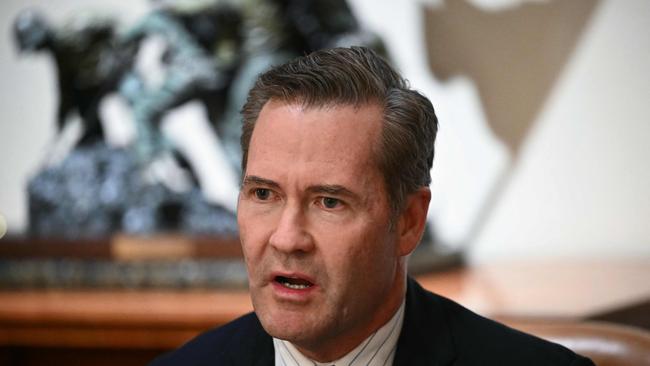
President Trump may have just replaced his national security adviser, but the counsel he values most is his own.
Even as he vowed to put “America First,” he has struggled to end the bloody conflict in Ukraine and to secure the release of the remaining hostages in Gaza. He has pushed to negotiate a complex nuclear deal with Iran against a self-imposed deadline.
All the while, he has stepped up US air strikes against Houthi militants in Yemen, who he reports have been “decimated” in a nearly 50-day campaign that shows little sign of ending.
Getting rid of Mike Waltz makes it simpler for Trump to follow his instincts, but it might not make achieving foreign-policy wins any easier.
From the day he returned to the Oval Office in January, Trump has made it clear that he was the one calling the shots on foreign policy and was prepared to solicit advice from a broad circle that went beyond the traditional interagency team to include business executives and MAGA-world personalities.
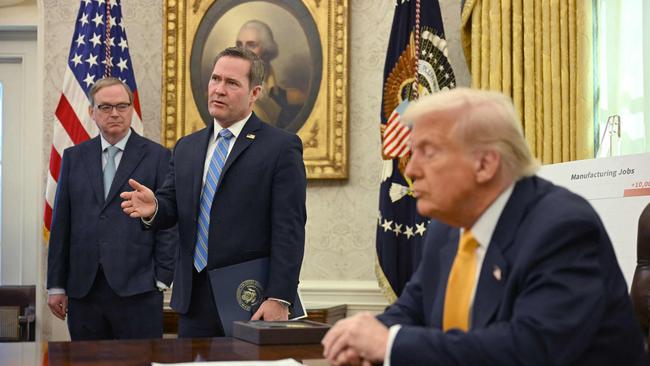
It is possible that Marco Rubio, the secretary of state who will serve temporarily as national security adviser, will take control of the foreign-policy process. But chances are more likely that Trump will continue to solicit advice from outside the traditional national security system, even when his government advisers have doubts.
“This is the most top-down administration in recent memory,” said Richard Haass, the former president of the Council on Foreign Relations, who served in the State Department, at the National Security Council and in the Pentagon. “This isn’t a staff-driven administration.”
Trump’s most influential adviser isn’t a cabinet member but special envoy Steve Witkoff, the real-estate magnate who says he agrees with “almost every one” of the president’s policies. Witkoff raced from Moscow to Oman last week as he juggled meetings with Russian President Vladimir Putin and Iranian Foreign Minister Abbas Araghchi. Far right wing influencers like Laura Loomer have affected critical personnel decisions too.
Trump described Rubio’s national security role as an “interim” position, sparking speculation on who might end up filling the position in the months ahead. MAGA supporters who are sceptical of US alliances and more willing to engage with Putin are vying for influence with proponents of more-traditional Republican policies for deterring Moscow.
Trump went through four national security advisers during his first term in office. His first choice, former Army Lt. Gen. Mike Flynn, lasted in the job less than a month. The others sought to navigate between Trump’s transactional impulses and their own efforts at orderly policymaking.
Rubio will be the first person since Henry Kissinger to serve simultaneously as national security adviser and lead the State Department. His record as a senator indicates that like Waltz and unlike Trump to a degree, he is deeply sceptical of Putin’s and Iran’s intentions.
Few expect Rubio to establish anything close to a Kissinger-like grip over foreign policy. John Bolton, one of Trump’s first-term national security advisers, noted that Kissinger took on both roles in the depths of the Watergate scandal and stayed past President Richard Nixon’s resignation.
“They were in a real constitutional crisis,” said Bolton. “Not a good augury for Trump.”
Bolton clashed with Trump for months before being fired from the job in 2019.
Army Lt. Gen. H.R. McMaster stepped into the national security adviser role In 2017. It was an uncomfortable fit as the straight-shooting officer sought to outline policy options as MAGA proponents sniped at him from afar. He was fired by Trump in 2018 and recounted in a subsequent memoir that he told his wife, “After over a year in this job, I cannot understand Putin’s hold on Trump.”
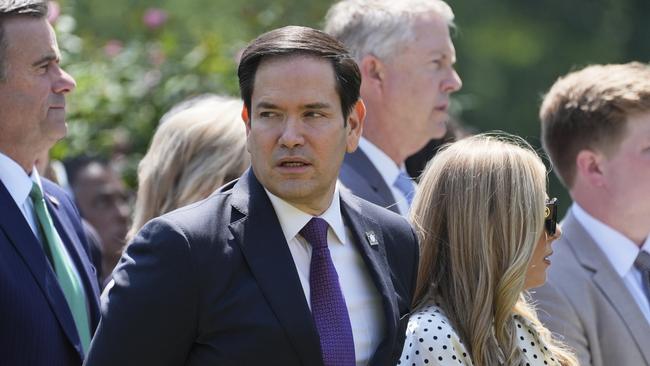
Robert O’Brien, who became national security adviser after Bolton, was more adept at handling Trump. He worked to translate the president’s impulses into policy, sometimes distributing his tweets to the National Security Council staff as guidelines for policy. He oversaw the completion of the Abraham Accords normalising relations between Israel and several Arab states, one of Trump’s signature foreign-policy achievements.
Waltz, a former Army Green Beret and Florida congressman, had no base in MAGA world when he became national security adviser. He struggled to relay the president’s national security priorities on television, and his traditionally hawkish views on Russia and Iran appeared out of step with some of Trump’s own instincts.
Just days before he was ousted as national security adviser, Waltz sought to demonstrate his loyalty, touting the Trump administration’s “national security wins” in an article in the National Interest. But the wins have been modest so far.
The US and Iran still appear to be far apart on a nuclear deal. Trump’s improbable proposal to move all Palestinians from Gaza is a nonstarter in the eyes of Gazans and Arab states in the region. His goals of acquiring Greenland and turning Canada into the 51st state seem remote.
But the president, at least, hasn’t given up on his ideas.
Wall Street Journal

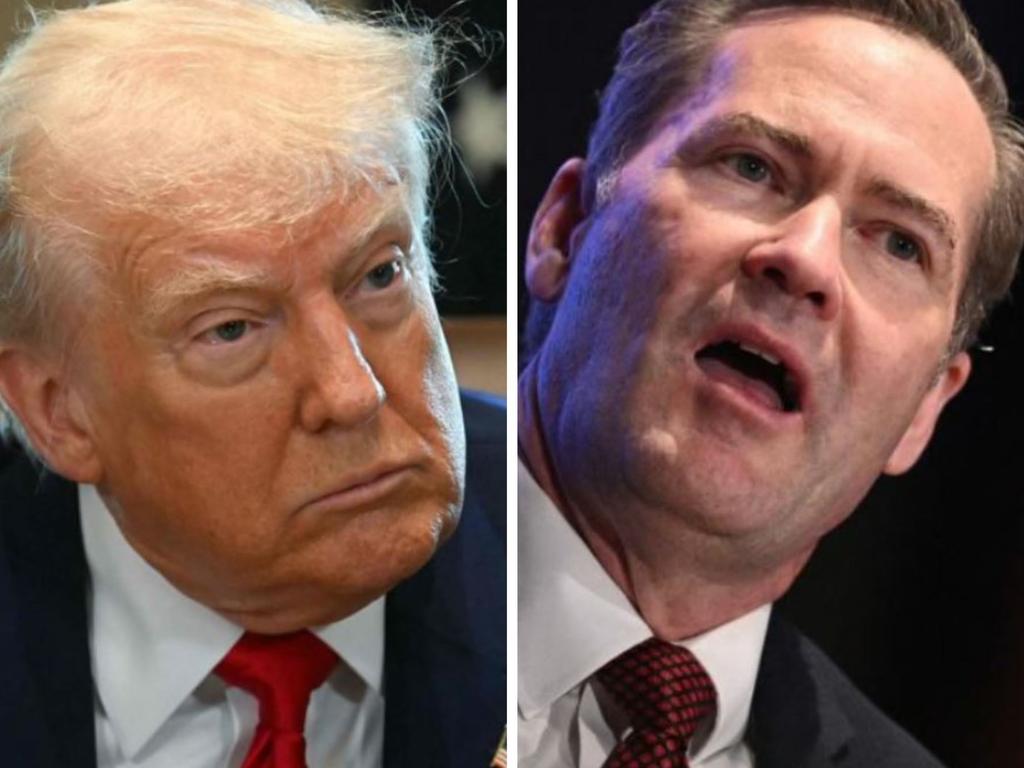

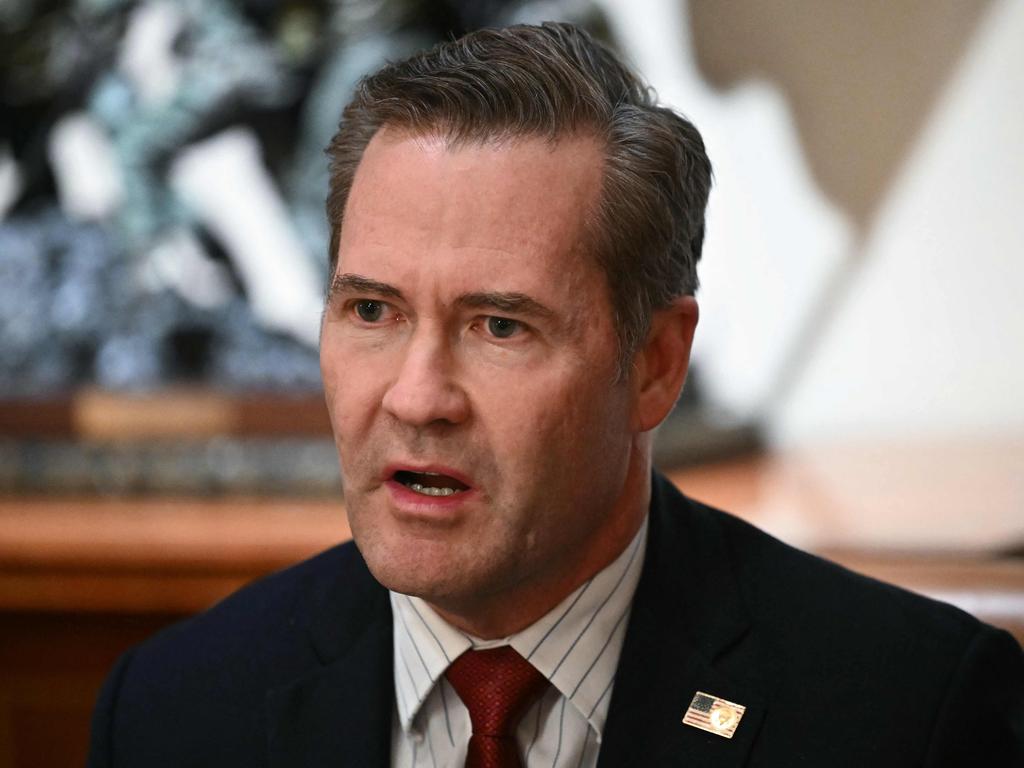


To join the conversation, please log in. Don't have an account? Register
Join the conversation, you are commenting as Logout